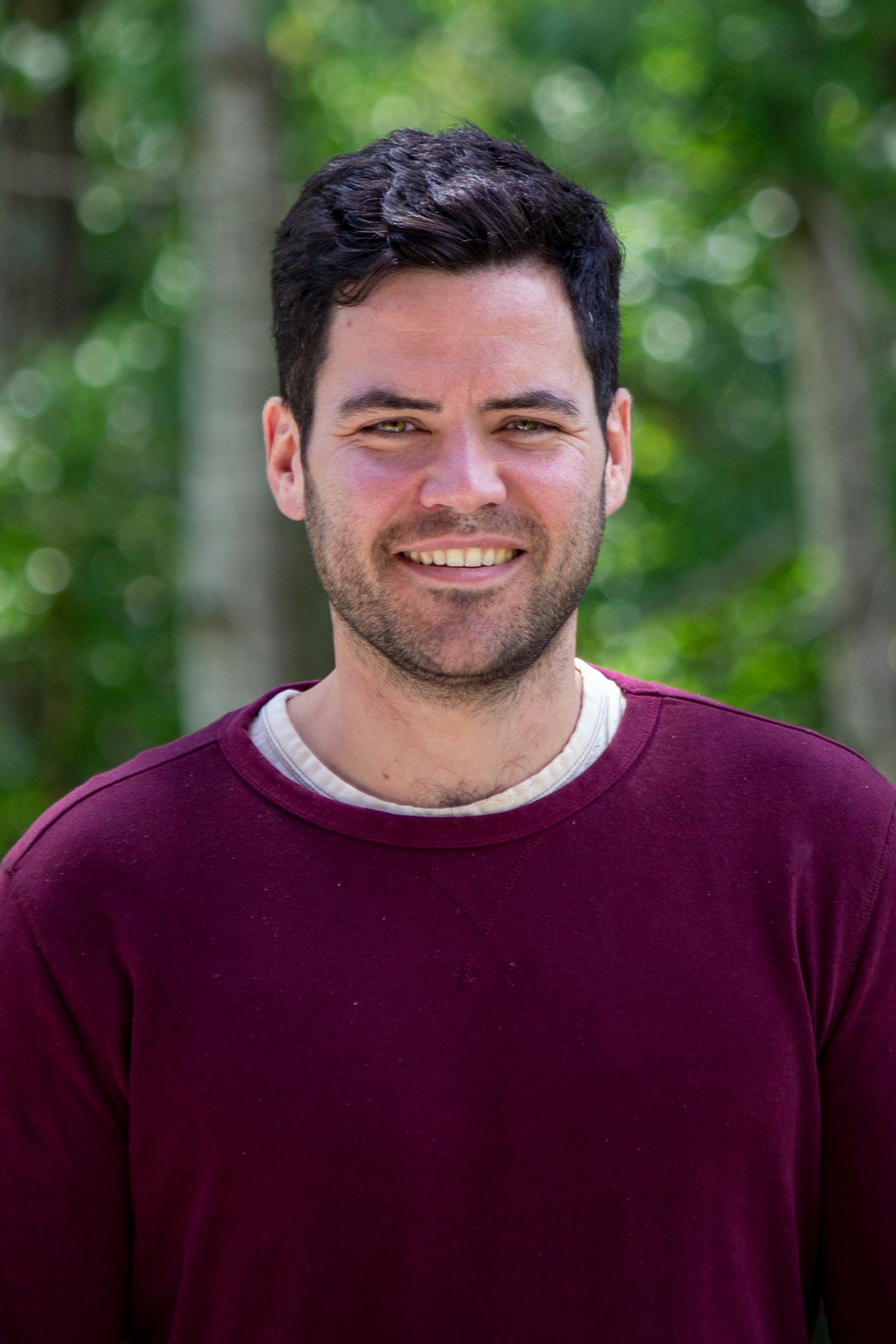David Talmy

ADDRESS
Website
Phone
David Talmy, Ph.D.
Assistant Professor
Ocean plankton fix an estimated 50 petagrams of carbon on an annual basis (a petagram is 1 billion metric tons) which is approximately half of all primary production on Earth. Within plankton communities, interactions among Bacteria, Archaea, protists, and viruses shape the flow of material and energy. Our interest is to understand and characterize intricate interactions within and among marine microbial communities, to explore global ocean ecosystem structure and function. Our work blends elements of microbial ecology, oceanography, and biogeochemistry.
We use mathematical models that are directly informed and constrained with information from laboratory and field experiments. Examples of our work include understanding how acclimative responses of marine algae to variable light intensity influence resource allocation, photosynthesis and growth. We have used coupled ecosystem models to explore how interactions among primary and secondary producers control the carbon-to-nitrogen ratio of sinking particulate material in the surface ocean. A major recent focus has been to explore dynamic interactions among viruses and other ocean microbes.
Education
- MMath, 2008, University of Sussex
- MRes, 2009, University of York
- PhD, 2013, University of Essex
- Postdoctoral Associate and Research Scientist, 2013-2018, Massachusetts Institute of Technology